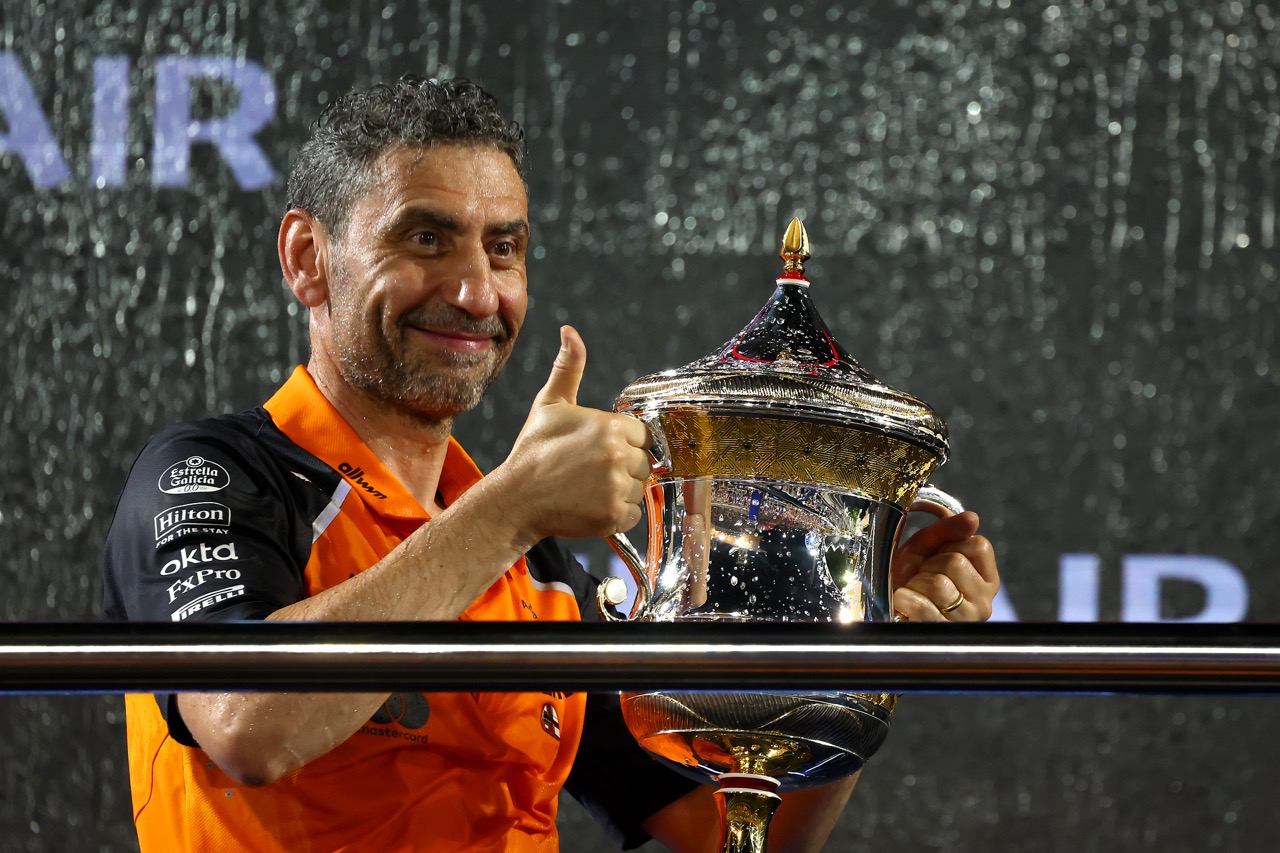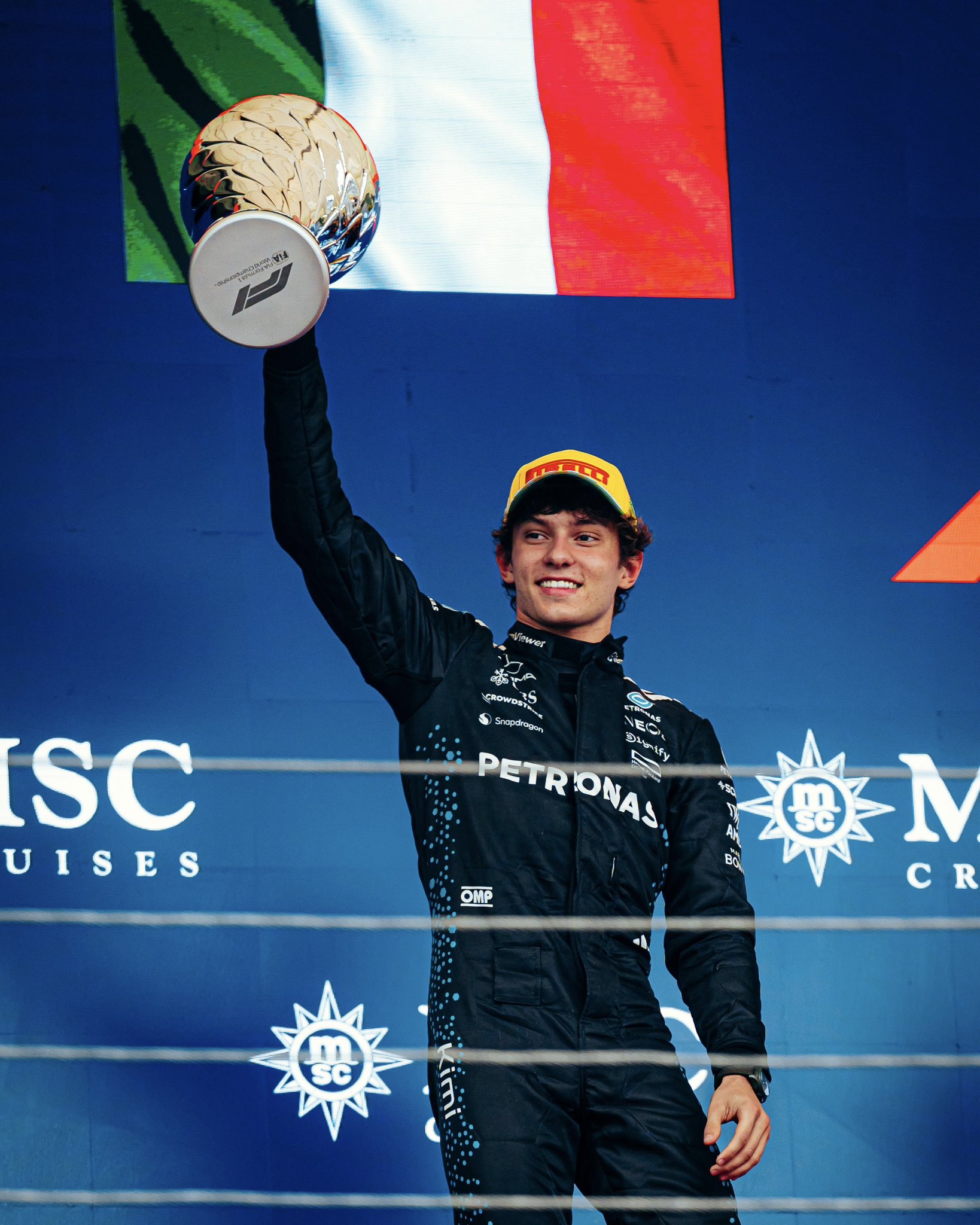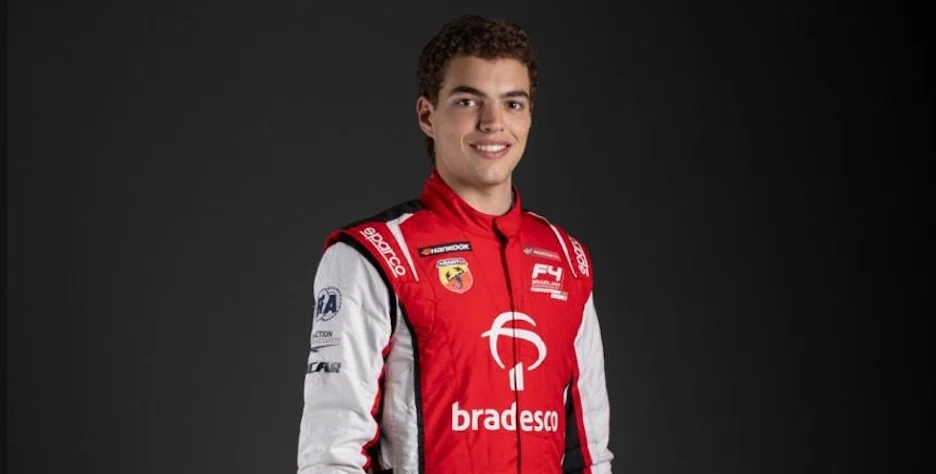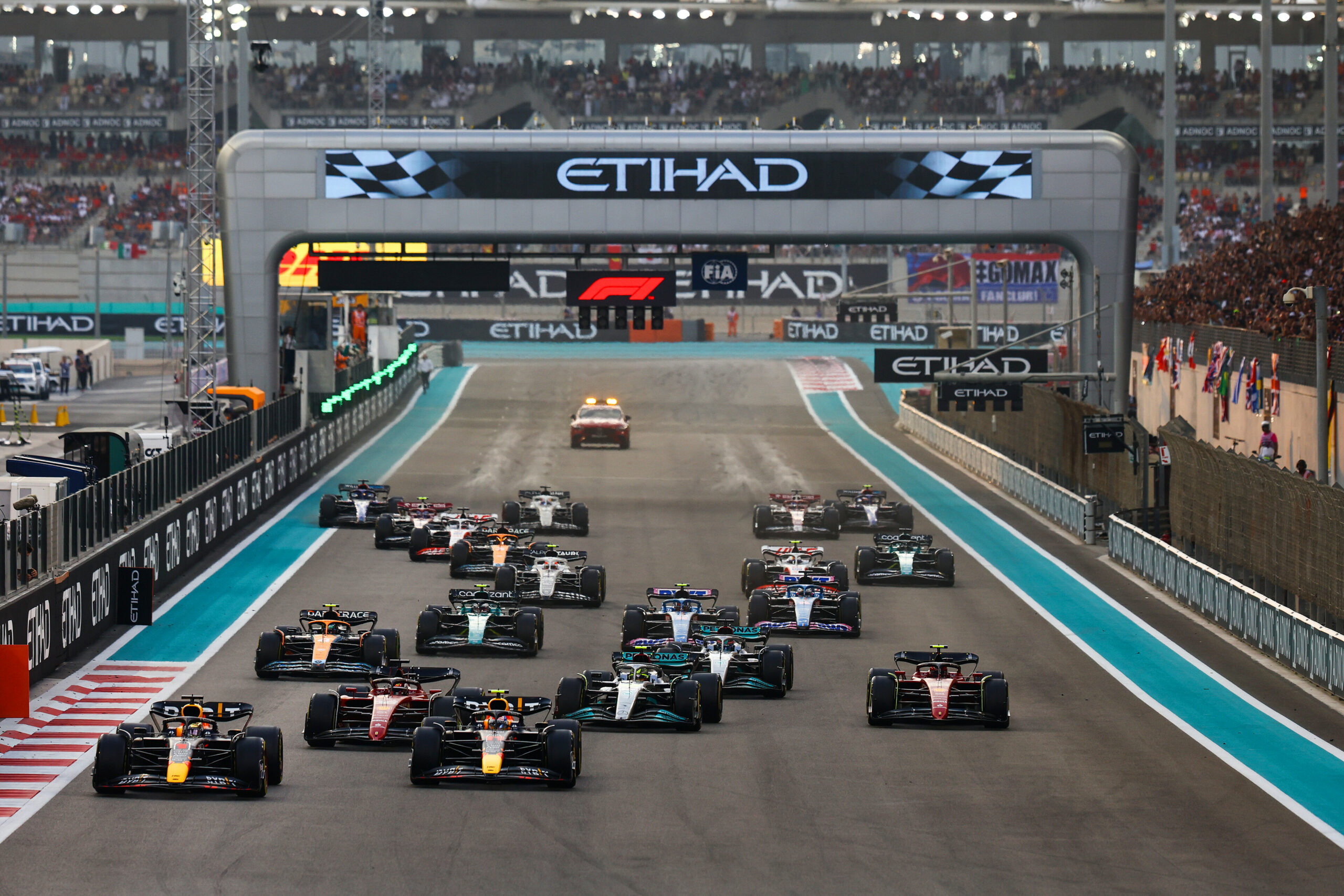
After a lacklustre Bahrain Grand Prix and a public letter of the team to the fans, it is no surprise that most questions for George Russell on Thursday were in regard to the looming crisis at Mercedes.
Russell himself didn’t want to go as far as to compare it to last year. Of course the deficit in pace is comparable, but origin is much clearer understood, as he explains:
“[…] last year, we were almost mystified as to how to solve the issues, scratching our heads a lot, trying to understand why the cars bounced around, how we solved that. And it took us a long time before we got to grips with it. Whereas now, when you sit down, you look at the things we targeted over the winter, we kind of recognise that we have made some wrong decisions, and we accept and understand why we’re in this position.”
He thinks the letter was written to let everyone know “that we are working our absolute socks off to get back in the position where Mercedes want to be.”. Having read the letter himself, Russell understands why the team has decided to write the letters, as there was much to do about the result and the comments made afterwards by Toto and Lewis.
“[…] I think it was a try and calm all of this down, sit back after, let’s say 24 or 48 hours, look at this whole issue with a set of rational eyes, go about the issue pragmatically to try and solve some issues. Whereas not to jump on too many things, when all of the emotions were very high during the Bahrain race weekend, during Monday morning.”
And where his teammate has been very vocal about the accountability, Russell feels like the Brackley outfit is still doing the right thing with their “no blame culture”, saying that it is not as simple as scapegoating one individual for the direction in which 2000 colleagues are heading. He adds:
“It’s never one person sort of directing that: you have got your probably senior, six technical people who work together with all the knowledge we have with everybody who’s beneath them. The knowledge that is coming from the drivers, the work we’ve done on the simulator. And those decisions are sort of passed by and agreed upon by everybody. And we were aware of the concept, Lewis and I. And we did believe that this was the right direction. But as I said, we as a team have clearly missed something that happened over the winter. And we’re working as hard as we can to rectify that now.”
After the season opener Russell eluded to Red Bull winning all 23 races this season, and after rewatching the race, he still stands behind that assessment, barring any reliability issues or crashing of course.“[…] I [saw] Red Bull were one second faster than everyone, and their engineers were telling them to slow down and manage the pace, it is clearly a bit concerning. And we have to give them credit for the work they’ve done. I think we’ve recognised some things on their car that are very interesting and intriguing designs that clearly are working to their benefit really well. Of course, there might be races where there’s reliability or crashes or whatever. But you know, they’re in a league of their own at the moment. And I think the view upon the paddock is they’re probably not showing their full potential either. They’re holding something back. So yeah, I see no reason why they shouldn’t be the fastest car every weekend.”
Coming into the Saudi Arabian Grand Prix, the safety of the drivers is of course a concern again, after last year’s missile strike. The attack on one of Aramco’s plants (Aramco being one of Formula 1’s main sponsors) prompted the drivers to gather and discuss whether the situation was safe enough to continue the weekend. As GPDA director, Russell explains that he feels Formula 1 has learned from last year’s incident and the handling thereof:
“[…] generally, I think we’re happy and have no concerns with the changes that have been put in place ahead of this year. But I think there was a lot of lessons to be learned from what happened 12 months ago, and Formula One have really stepped it up. And not just in regards of what’s happening here in Saudi but for all of the Grand Prix we go to. there are clearly some safety concerns when you have 400,000 people walking through the doors across a weekend. And, as I said, the lessons that have probably been learned, and what F1 has shared with us, I think gives us all a bit more peace of mind and understanding as well. There was probably a lack of communication this time 12 months [ago] and the first source of info for us was coming from social media and not from the source. And that probably added fuel to the fire.”





